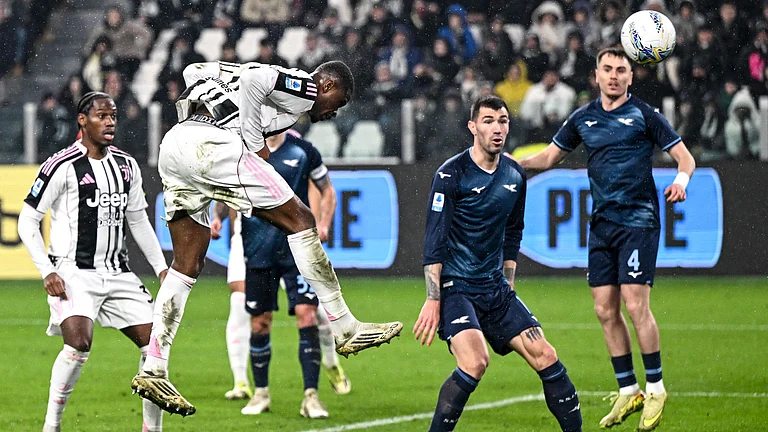Not intervening in Sri Lankas civil war has been hailed as one of the more mature post-Cold war foreign policy decisions of the Indian government. But the clarity of the Indian position stops right there. How and at what stage does India plan to help mediate a negotiated settlement as it has offered to? And more importantly, how does New Delhis hands-off policy benefit India?
Observers are uneasy with the diffidence New Delhi is displaying. India, they feel, could be doing much more to protect itself from a spillover. "Security forces should be destroying LTTE cells in Tamil Nadu," says P.R. Chari, director of the Institute of Peace and Conflict Studies, New Delhi. Because if the LTTE successfully occupies Jaffna, India might well have to contend with a flare-up within Tamil Nadu. But its hard for New Delhi to prevent that without being accused of unleashing terror in the state. Thus its imperative to involve a figure like M. Karunanidhi.
Second, Indian help for Colombos war effort can only be limited to giving guns, small arms and ammunition and not heavy bombers, which will require Indian instructors, says Chari. Refusing the requested direct military assistance might make it difficult for India to be accepted as a mediator at a later stage. "If Jaffna is taken, the voices from Sri Lanka will turn hostile. Nor is it likely that the Tigers will enter into any negotiation except on their own terms," says Professor S.D. Muni of the JNU. A collective solution based on international consultation is also doubtful what with countries like Canada, Australia and Britain unable to stop funding to the LTTE from resident Tamils. Even Sri Lankas foreign minister Lakshman Kadirgamar admits hundreds of thousands of dollars are flowing into the LTTEs coffers every month.
There is also the view that recent events could actually work to Indias advantage. "If the fighting freezes at the capture of Jaffna, the balance of power between the Sinhalas and Tamils will benefit India," says Maj Gen (retd) Ashok Mehta. "We should use the good offices of the pmk, Vaiko, smaller Tamil parties, Norway, ICRC as well as exert international pressure to freeze the war at that point. We have swung from total involvement in 87 to total non-involvement now. Both are wrong. We should have monitored events and weighed our options rather than being caught off-guard with the taking of Elephant Pass," adds Mehta.
A common refrain among Indian officials is that Jaffna changing hands is nothing new. But many analysts say its different this time. The earlier instances were "soft" takeovers where deals were struck between the LTTE and Colombo. This time around, it will be a decisive battle with a tremendous humanitarian impact that can spill over into Tamil Nadu. Another factor is Indias wannabe role of a regional guiding light, particularly when it is lobbying for a permanent UN Security Council seat. The UN prefers a regional solution to the civil war and many countries including the US are looking to India to help show the way. But the final question is, will India be able to live up to these expectations?

























